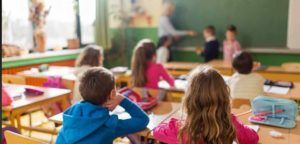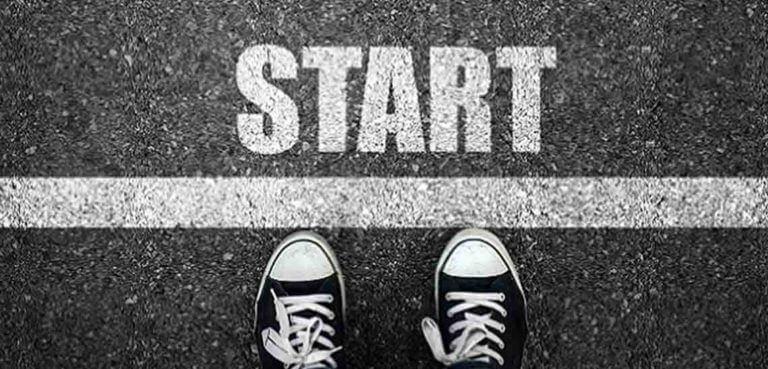
As soon as you tell your neighbors/friends/family that you’re home schooling, you’ll get the big question…
“But what about social development? Won’t keeping them out of school hinder their socialization?”
This is the most ridiculous question ever.
No, seriously. We mean it.
According to the dictionary, socialization is “the process by which a human being, beginning in infancy, acquires the habits, beliefs, and accumulated knowledge of his society.” In other words, you’re being socialized when you learn habits, acquire beliefs, learn about the society around you, develop character traits, and become competent in the skills you need to function properly in society.
(Do you really want your child taught all this by a horde of seventh, or tenth, or twelfth graders?)
Agents of socialization include the family (both immediate and extended), the religious community, neighborhoods, tutors and mentors, the media (TV, radio, films, books, magazines all tell the child what’s expected of him, for better or worse), clubs (social or academic), the arts (both in observation and participation), travel, jobs, civic participation.
And formal schooling in an institution. (Only one of many agents.)
Taking the child out of school doesn’t mean that you’re going to remove him from all of these other “agents of socialization” that surround him. (It’s incredibly bizarre that we think of school, an educational institution, as the only vehicle for these very non-academic skills.)
Furthermore, think about the type of socialization that takes place in school. The child learns how to function in a specific environment, one where he’s surrounded by thirty children his own age. This is a very specific type of socialization, one that may not prove particularly useful.
When, during the course of his life, will he find himself in this kind of context? Not in work or in family life or in his hobbies. The classroom places the child in a peer-dominated situation that he’ll probably not experience again.
We live in an age in which people think a great deal about peers, talk about them constantly, and act as if a child’s existence will be meaningless if he isn’t accepted by his peer group.
But the socialization that best prepares a child for the real world can’t take place when a child is closed up in a classroom or always with his peer group. It happens when the child is living with people who vary widely in age, personality, background, and circumstance.
The antidote for peer-centered socialization is to make the family the basic unit for socialization—the center of the child’s experience. The family should be the place where real things happen, where there is a true interest in each other, acceptance, patience, and peace, as far as is possible.
And socialization doesn’t stop there. As a family, you should make a wide range of friends of various. Community activities, Little League, Scouts, band, clinics, music lessons, art classes, martial arts and dance classes, field trips, and the numerous events sponsored by local home-school support groups: by means of these activities, parents teach children how to live in society and how to relate to others.
Positive socialization is all about living in your world responsibly, fulfilling your potential, taking advantage of opportunity, making the lives of others around you better. You don’t need the institutional school to teach these values to your child.
Recommended Products
-

Juneteenth Booklist & Activities
0 out of 5$0.00 Add to cart -
Fifth Grade Math with Confidence Instructor Guide
0 out of 5Starting at:$36.95Original price was: $36.95.$27.71Current price is: $27.71. Select options -
Sale!

Hansel & Gretel and Other Stories: Downloadable MP3
0 out of 5$12.95Original price was: $12.95.$9.71Current price is: $9.71. Add to cart -
Sale!
Dorothy and the Wizard in Oz: Downloadable MP3
0 out of 5$25.95Original price was: $25.95.$19.46Current price is: $19.46. Add to cart -
 Sale!
Sale!

Fifth Grade Math with Confidence Student Workbook B
0 out of 5$16.46 – $21.56 Select options This product has multiple variants. The options may be chosen on the product page -
 Sale!
Sale!

Fifth Grade Math with Confidence Student Workbook A
0 out of 5$16.46 – $21.56 Select options This product has multiple variants. The options may be chosen on the product page
ABOUT THE AUTHOR
Join over 100,000 homeschooling families
For the latest offers, educational insights, products and more.
By joining you agree to our privacy policy.




